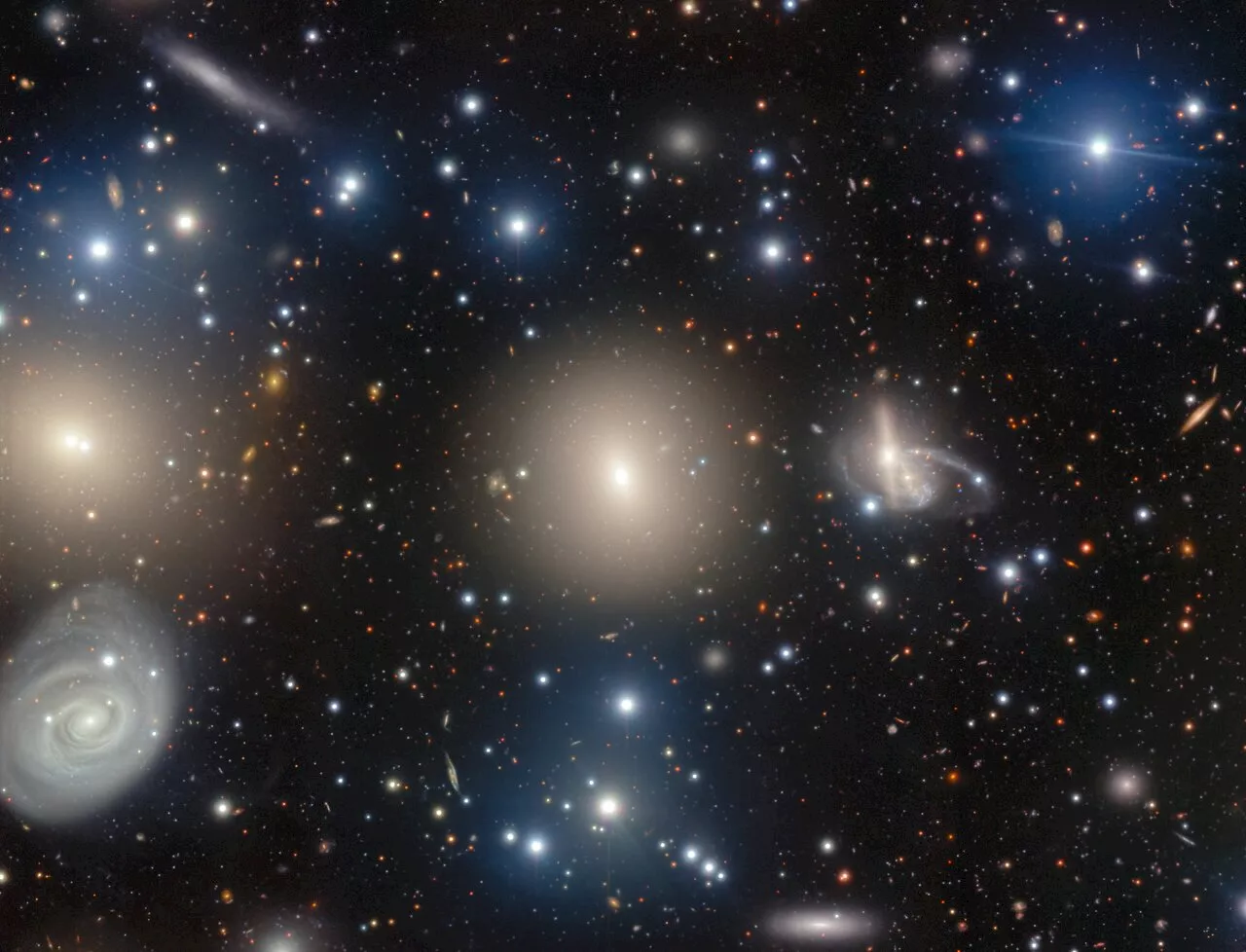NGC 1270 is just one of thousands of massive galaxies that make up the Perseus Cluster. They're arranged this way because of dark matter.
NGC 1270 is just one member of the Perseus Cluster, a group of thousands of galaxies that lies around 240 million light-years from Earth in the constellation Perseus. This image, taken with the Gemini Multi-Object Spectrograph on the Gemini North telescope, one half of the International Gemini Observatory, captures a dazzling collection of galaxies in the central region of this enormous cluster. Image Credit: International Gemini Observatory/NOIRLab/NSF/AURA/ Image Processing: J. Miller & M.
German philosopher and Enlightenment thinker Immanuel Kant coined the term ‘island Universes’ to describe all these fuzzy objects, hinting at their true nature. The idea of other galaxies beyond our own dates back a long way, but there was no way to test it. Then, in 1924, Edwin Hubble ended the debate. He was able to show that individual stars in some of these so-called “nebulae” were actually far beyond the Milky Way.
Enormous objects like the Perseus Cluster alert us to the presence of something even more mysterious and challenging to understand than the nature of galaxies. Something binds these individual galaxies together into a coherent group, and we call that dark matter. A computer model of the large-scale structure of the universe using the Illustris simulator. This image depicts the dark matter and gas involved in forming galaxies and galaxy clusters, as well as the filaments connecting them. Image Credit: Illustris TNG
In short, the Perseus Cluster and NGC 1270 wouldn’t be where they are and wouldn’t be grouped together without dark matter. The cluster, and all other groups, clusters, and super-clusters, are firmly in dark matter’s grip.played a huge role in our modern understanding of dark matter. She observed that stars and gas at a galaxy’s outer edge were moving much faster than predicted by the visible mass of the galaxy. Newtonian physics suggests they should be moving slower.
United States Latest News, United States Headlines
Similar News:You can also read news stories similar to this one that we have collected from other news sources.
 Dark matter could have slight interaction with regular matter, study suggestsThe reason we call dark matter dark isn't that it's some shadowy material. It's because dark matter doesn't interact with light. The difference is subtle, but important. Regular matter can be dark because it absorbs light. It's why, for example, we can see the shadow of molecular clouds against the scattered stars of the Milky Way.
Dark matter could have slight interaction with regular matter, study suggestsThe reason we call dark matter dark isn't that it's some shadowy material. It's because dark matter doesn't interact with light. The difference is subtle, but important. Regular matter can be dark because it absorbs light. It's why, for example, we can see the shadow of molecular clouds against the scattered stars of the Milky Way.
Read more »
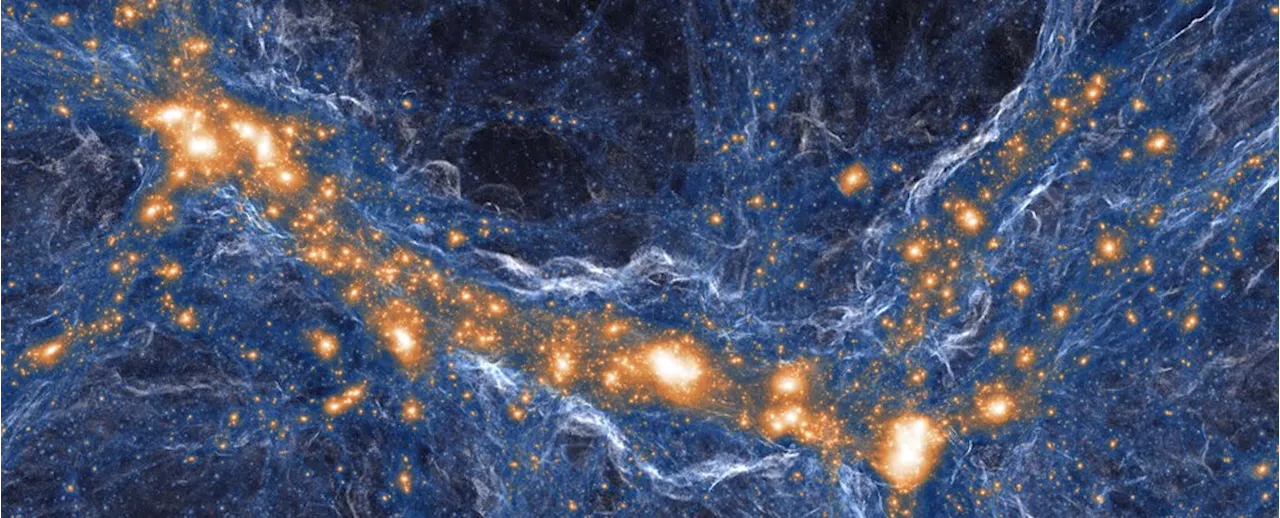 Dark Matter May Interact With Regular Matter Beyond Gravity, Study FindsThe Best in Science News and Amazing Breakthroughs
Dark Matter May Interact With Regular Matter Beyond Gravity, Study FindsThe Best in Science News and Amazing Breakthroughs
Read more »
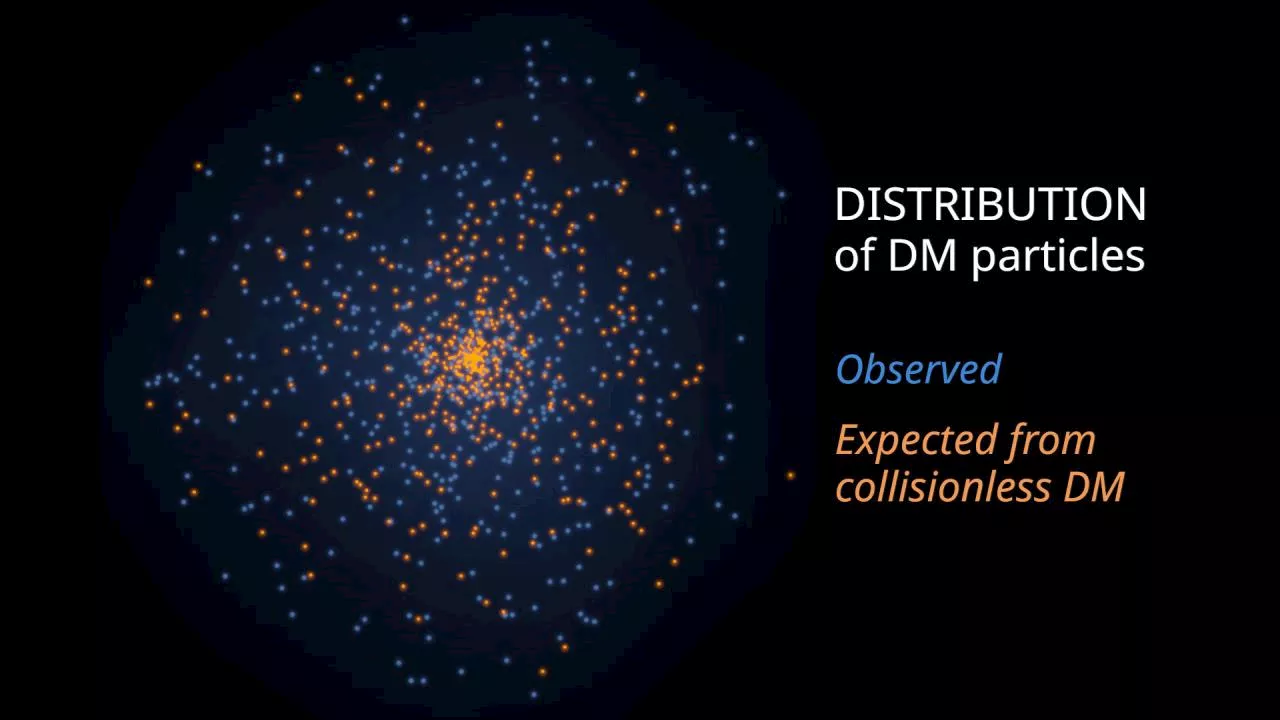 Dark Matter Could a Have Slight Interaction With Regular MatterSpace and astronomy news
Dark Matter Could a Have Slight Interaction With Regular MatterSpace and astronomy news
Read more »
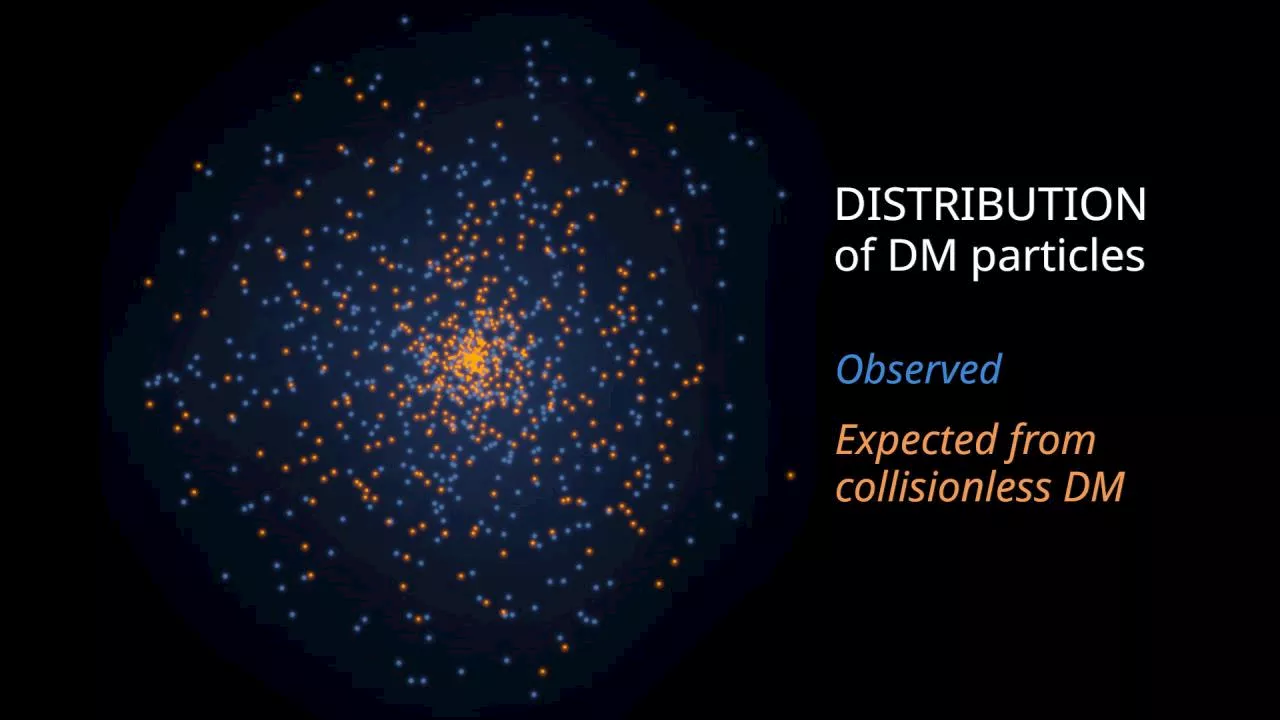 Why Is Dark Matter Called 'Dark'?This article explains why dark matter is called 'dark', emphasizing that it's not because it's a shadowy substance, but rather because it doesn't interact with light. Unlike regular matter, which can absorb and scatter light, dark matter lacks an electric charge and therefore cannot connect with light.
Why Is Dark Matter Called 'Dark'?This article explains why dark matter is called 'dark', emphasizing that it's not because it's a shadowy substance, but rather because it doesn't interact with light. Unlike regular matter, which can absorb and scatter light, dark matter lacks an electric charge and therefore cannot connect with light.
Read more »
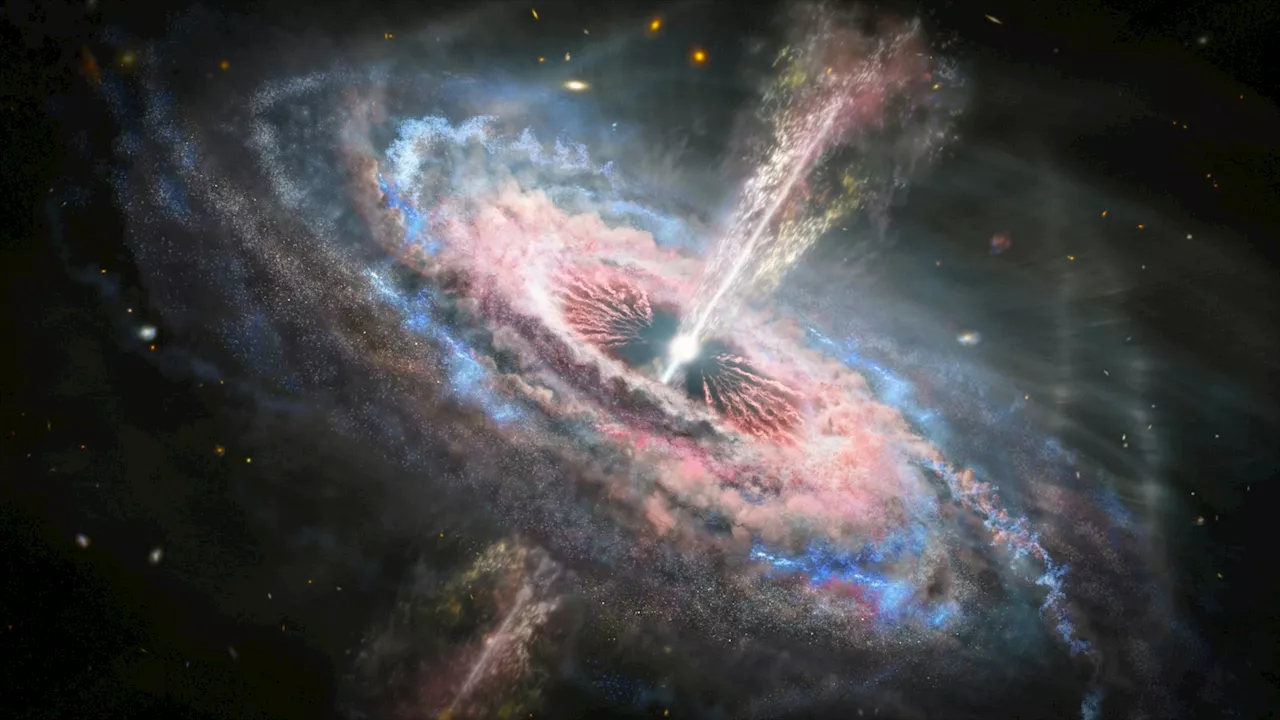 Uniform Star Distribution in Dwarf Galaxies Hints at New Interactions with Dark MatterA new study suggests that dark matter may interact with regular matter through forces beyond gravity, based on the uniform distribution of stars in ultrafaint dwarf galaxies.
Uniform Star Distribution in Dwarf Galaxies Hints at New Interactions with Dark MatterA new study suggests that dark matter may interact with regular matter through forces beyond gravity, based on the uniform distribution of stars in ultrafaint dwarf galaxies.
Read more »
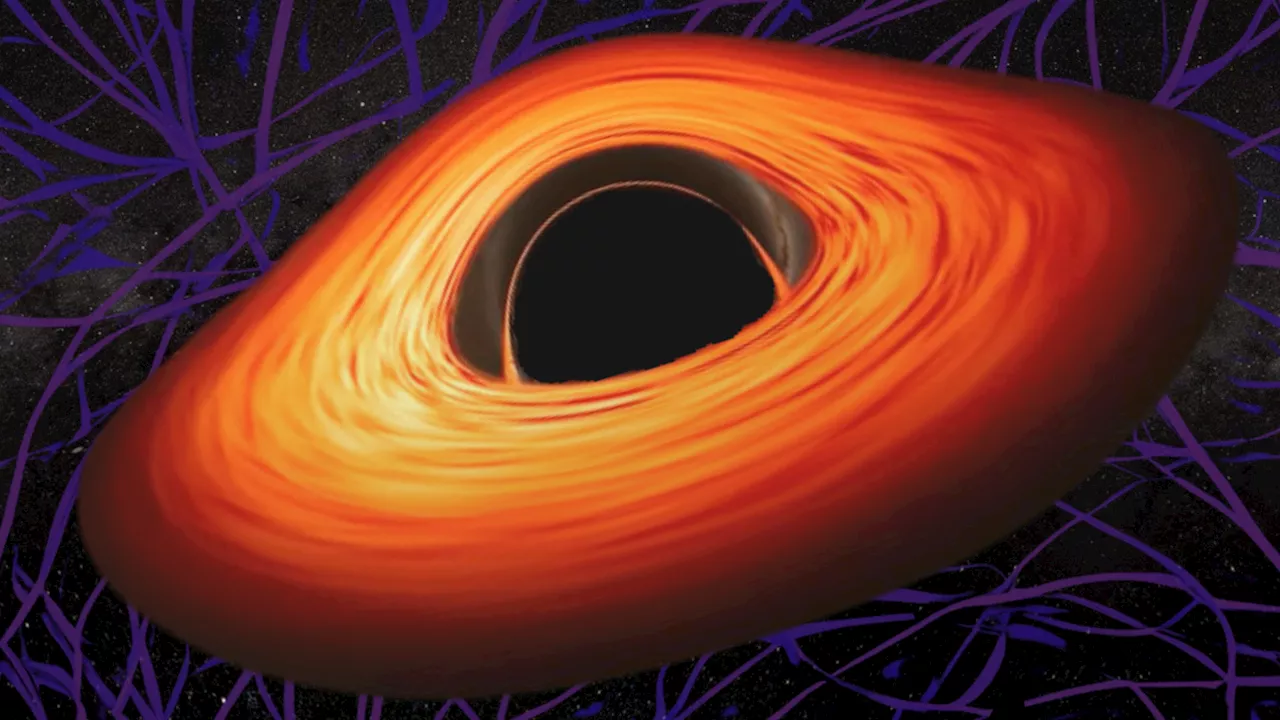 Did dark matter help black holes grow to monster sizes in the infant cosmos?Robert Lea is a science journalist in the U.K. whose articles have been published in Physics World, New Scientist, Astronomy Magazine, All About Space, Newsweek and ZME Science. He also writes about science communication for Elsevier and the European Journal of Physics. Rob holds a bachelor of science degree in physics and astronomy from the U.K.
Did dark matter help black holes grow to monster sizes in the infant cosmos?Robert Lea is a science journalist in the U.K. whose articles have been published in Physics World, New Scientist, Astronomy Magazine, All About Space, Newsweek and ZME Science. He also writes about science communication for Elsevier and the European Journal of Physics. Rob holds a bachelor of science degree in physics and astronomy from the U.K.
Read more »
